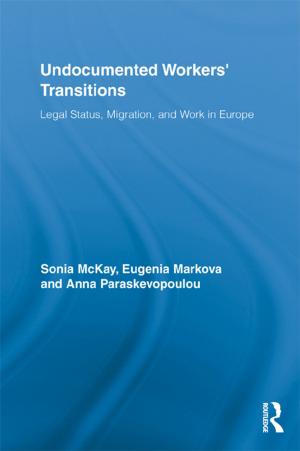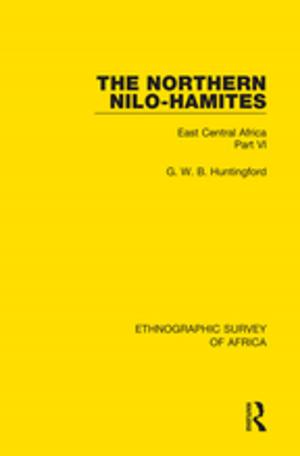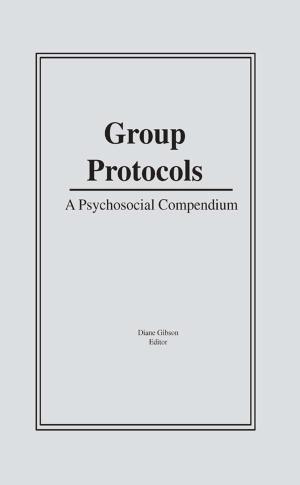| Author: | Stephen Vertigans | ISBN: | 9781317046028 |
| Publisher: | Taylor and Francis | Publication: | March 16, 2016 |
| Imprint: | Routledge | Language: | English |
| Author: | Stephen Vertigans |
| ISBN: | 9781317046028 |
| Publisher: | Taylor and Francis |
| Publication: | March 16, 2016 |
| Imprint: | Routledge |
| Language: | English |
Which socializing agents are influential in people joining terror groups? What ideologies do terror groups hold? Which aspects of societies and social contexts contribute towards groups forming and people joining them? This book considers a range of influential terror groups from the last 40 years, exploring relationships between people, local and global social processes, and activities that result in acts of terrorism. Examining Islamic groups alongside nationalist, 'red' and far right organizations, Stephen Vertigans identifies important similarities in the social contexts, experiences of members and some of their demands. Key questions are applied to a range of case studies of contemporary relevance. The groups studied originated from Europe, the United States, Asia and Africa and are associated with religion, nationalism, pro-state terrorism, militias and racism. Each chapter offers the reader a clear understanding about why particular terror groups form, while comparative analysis draws out commonalities and distinctions.
Which socializing agents are influential in people joining terror groups? What ideologies do terror groups hold? Which aspects of societies and social contexts contribute towards groups forming and people joining them? This book considers a range of influential terror groups from the last 40 years, exploring relationships between people, local and global social processes, and activities that result in acts of terrorism. Examining Islamic groups alongside nationalist, 'red' and far right organizations, Stephen Vertigans identifies important similarities in the social contexts, experiences of members and some of their demands. Key questions are applied to a range of case studies of contemporary relevance. The groups studied originated from Europe, the United States, Asia and Africa and are associated with religion, nationalism, pro-state terrorism, militias and racism. Each chapter offers the reader a clear understanding about why particular terror groups form, while comparative analysis draws out commonalities and distinctions.















